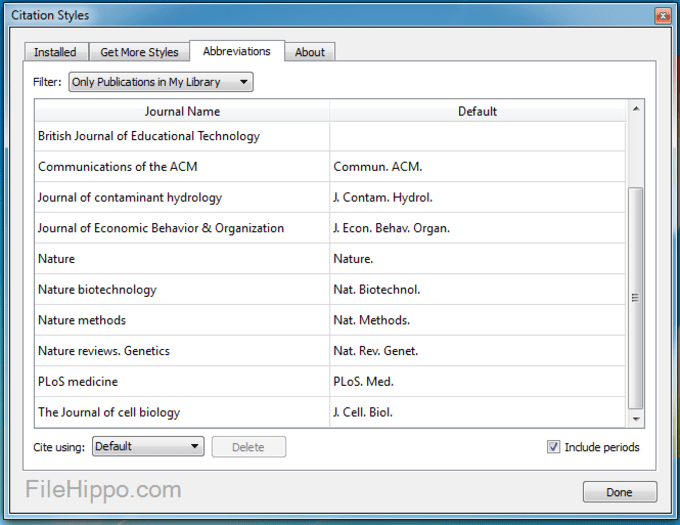
Sometimes this means withdrawing lesser used products from service to allow us to focus on those products that are used by more of the Mendeley Community.

After leaving the UMCG or University you need to either buy EndNote or get access via another institution.At Mendeley, we aim to help researchers work even more efficiently so they can spend their time making discoveries.
#Mendeley mobile software
You may continue using RefWorks after you left the UMCG or UniversityĮndNote onilne is free, but the EndNote desktop software is not. Either with direct export to EndNote online or by exporting from the database and importing in EndNote Not as agile with EBSCO databases (AMED, CINAHL, ERIC, Medline, PsycInfo and SocINDEX) You can search PubMed within EndNote and add papers from the results There is no PubMed search option within Mendeley You can search PubMed within RefWorks and add papers from the results The plugin works fine in a virtual environment (like or )ĮndNote plugin in Word will not work when the Mendeley plugin is active too. At the UMCG virtual workspace () you need to use the shortcut "Refworks for Word" to work with refworks Works fine in general, but interference by other plugins might affect it. The plugin doesn't work well in the virtual environment of the university () Loading PDFs into EndNote is fast, but there is a risk that the metadata will not be complete.Īlso:EndNote can automatically harvest pdfs and add these to references in your database Loading PDFs into Mendeley goes well and fast, but Mendeley adds very little metadata, such as authors, volume, pages and abstract. Loading PDFs into RefWorks goes slow and RefWorks adds very little metadata, such as authors, volume, pages and abstract. And is therefore very suitable for Systematic reviews EndNote allows you to determine which duplicates should be removed. Mendeley determines for you which references are duplicates and removes them without consulting you, so you better NOT use Mendely for a systematic review. RefWorks allows you to determine yourself which duplicates should be removed. Good for organizing and deduplicating citationsĮndnote can automatically harvest pdfs and add these to references in your database. Recommended for doing Systematic Reviews. G ood for organizing and deduplicating citationsįree with a l arge social component - can find other researchers in same field The numbers are too big to easily detect mistakes, and it's extra important to have as little mistakes as possible with this type of research. Mendeley is therefore NOT recommended for a systematic review, because for a review you should to be able to justify every step. Mendeley also appears to find more duplicates than other programs, like RefWorks or EndNote, so it's likely you'll lose studies due to false positives. There is no way to prevent this from occurring at the present time. You can't assess if these are true duplicates, because you can't see which records have been merged. The program will merge duplicate references into one record. Mendeley reviews references’ titles, authors, file hashes, etc, when a file is imported to Mendeley, and these are checked against your existing library in Mendeley, even records that have been deleted in the past. ** Mendeley & duplicates (advise: better not use Mendeley for a systematic review) If references are similar, RefWorks will suggest it as a match and you can delete any unwanted records. You may search your RefWorks library for duplicate documents.
#Mendeley mobile download
Contact your department's systems administrator or contact us at use it from home: Refworks is online only and Mendeley is free to download ( To use EndNote from home please contact us!ĮndNote has the most deduplication options and we therefore recommend EndNote if you are doing a systematic review.

To use Refworks, Mendeley or EndNote at the UMCG network you need to get rights on the network.

Questions regarding any of these reference managers can be send to Access:


 0 kommentar(er)
0 kommentar(er)
